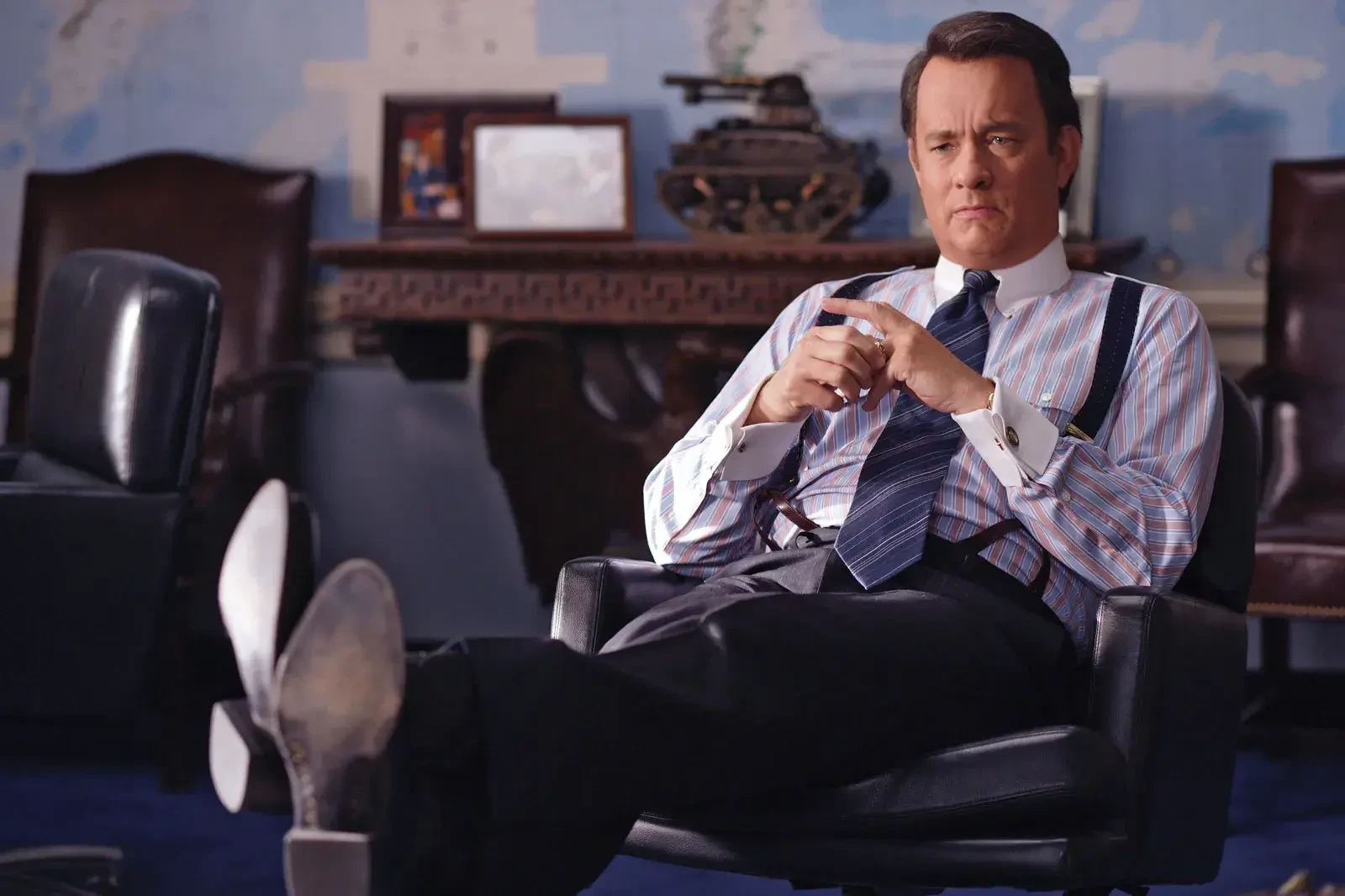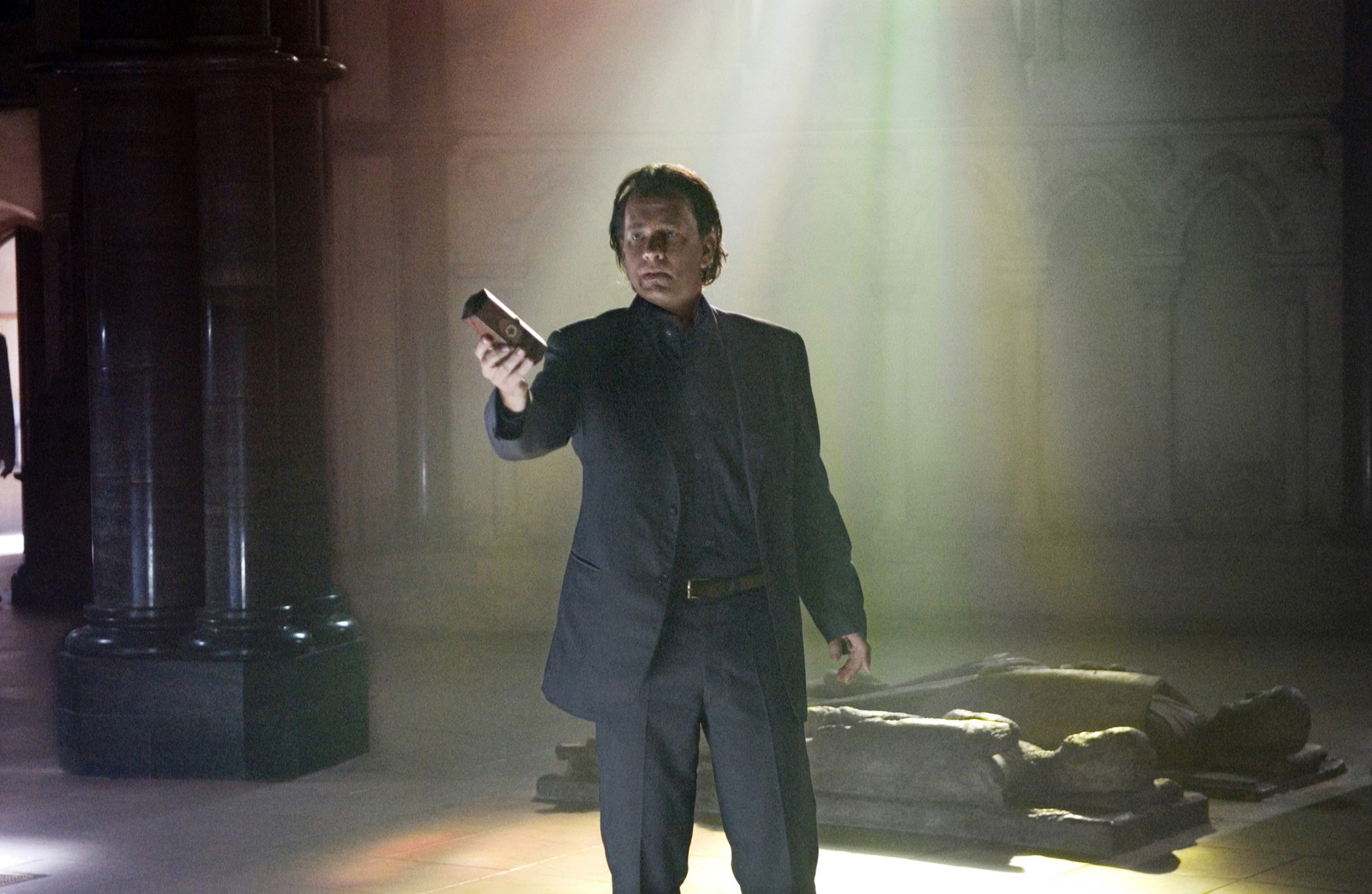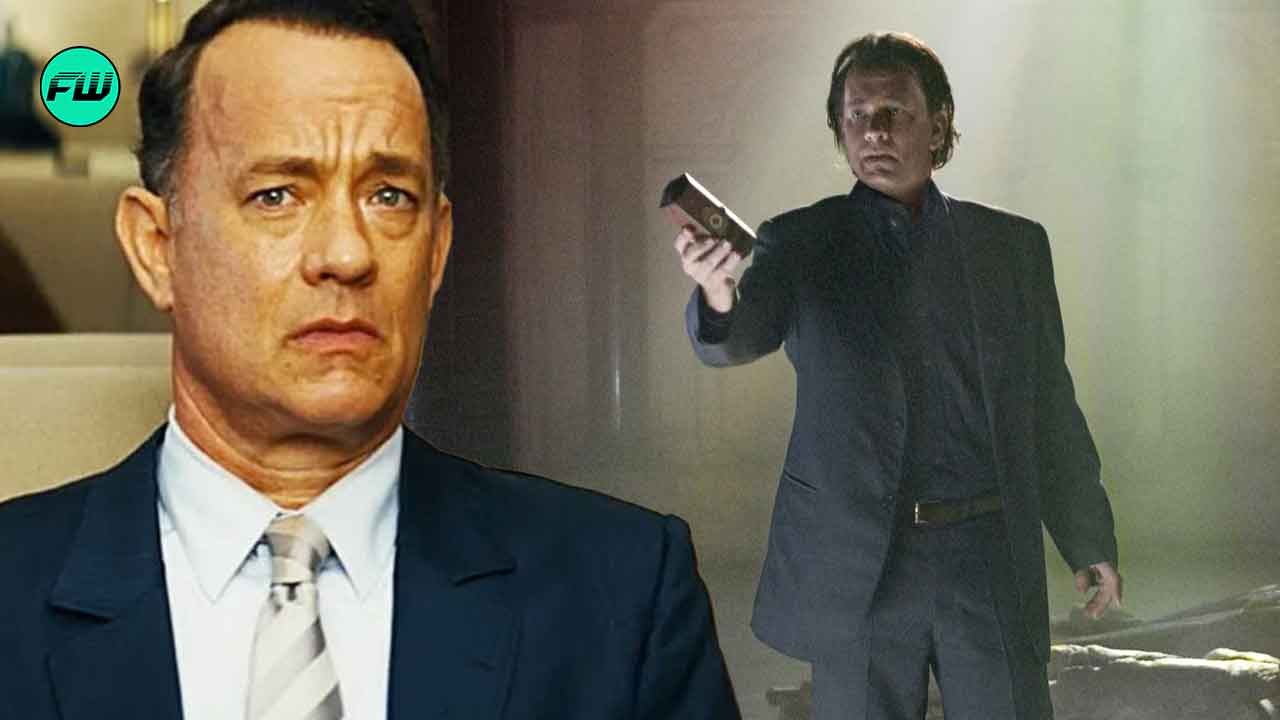Tom Hanks is one of the few figures in Hollywood who can boast of having as many (and there are a lot) commercial successes as critical in his acting catalog — all thanks to his willingness to get out of his comfort zone to make the most out of his versatile acting prowess.

The romantic comedy star of the 80s delivered dramatic hits like Forrest Gump and Philadelphia in the 90s before lending his talents to thriller titles in the 2000s. That’s when he starred in The Da Vinci Code, which proved to be one of his career’s biggest disappointments despite doing well at the box office.
Why Tom Hanks Isn’t a Big Fan of His $1.4 Billion Worth Franchise
Tom Hanks took on the role of symbologist Robert Langdon, who travels from Paris to London to unravel a bizarre murder that took place inside the Louvre. He’s joined by Sophie Neveu (Audrey Tautou), a police cryptographer, in the investigation, which could shake the foundations of Christianity.

The mystery thriller based on Dan Brown’s 2003 novel of the same name was a massive box office success, grossing $760 million globally.
This kickstarted the Robert Langdon franchise and paved the way for two more big-screen installments: Angels & Demons (2009) and Inferno (2016). In total, the franchise managed to earn $1.47 billion in ticket sales. However, the ever-so-demanding artist in Hanks wasn’t happy with the work he delivered.
“God, that was a commercial enterprise,” the legendary actor said in an interview with the New York Times. “Yeah, those Robert Langdon sequels are hooey. The Da Vinci Code was hooey. I mean, Dan Brown, God bless him, says, Here is a sculpture in a place in Paris! No, it’s way over there. See how a cross is formed on a map? Well, it’s sort of a cross. Those are delightful scavenger hunts that are about as accurate to history as the James Bond movies are to espionage.”
By the third installment, the franchise even lost its commercial appeal. Inferno just made $220 million in worldwide collection.
Read more: Tim Allen, Tom Hanks Joined Forces to Stop Disney from Destroying Toy Story
Tom Hanks Wasn’t the First Choice to Lead The Da Vinci Code
Interestingly, Hanks wasn’t even the first choice to play Robert. Director Ron Howard was keen to cast True Lies star Bill Paxton for the lead role. Paxton was also interested in the project but couldn’t join due to scheduling conflicts.

Briefly, Russell Crowe was also envisioned as the genius symbologist before Howard decided to rope in Hanks. Considering how ‘hooey’ the franchise is for Hanks, it’s not far-fetched to assume he looks back on the decision with regret.
As per IMDb, even Tautou wasn’t fully on board with the idea of being part of The Da Vinci Code, as the French actress felt too young (20-year age gap) to star opposite Hanks. Eventually, Howard managed to convince her.

